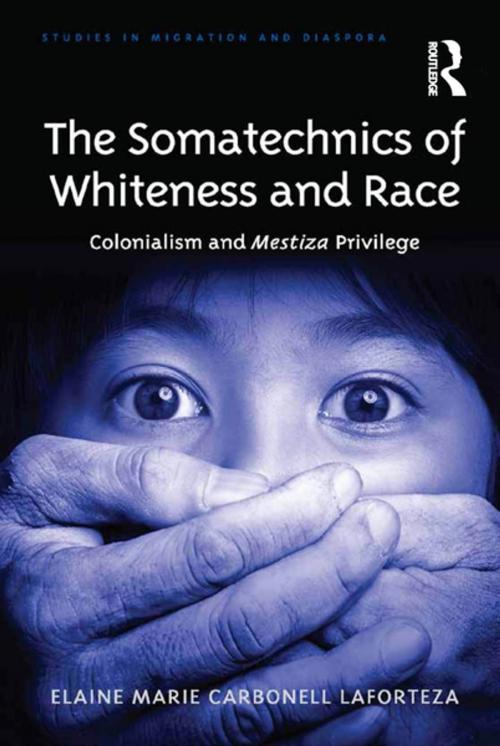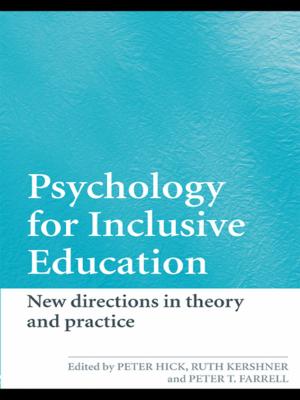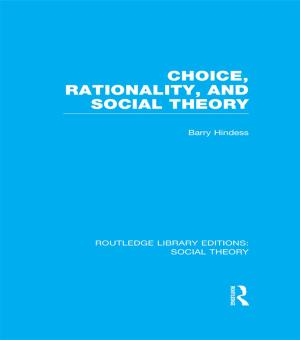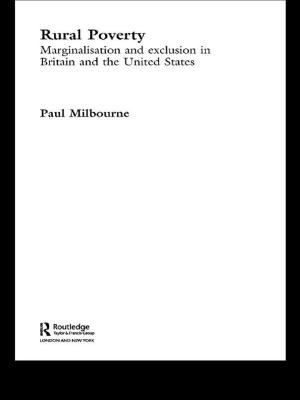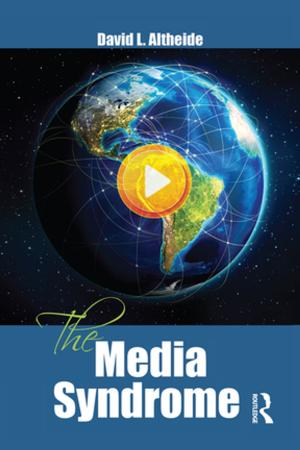The Somatechnics of Whiteness and Race
Colonialism and Mestiza Privilege
Nonfiction, Social & Cultural Studies, Social Science, Cultural Studies, Emigration & Immigration, Ethnic Studies| Author: | Elaine Marie Carbonell Laforteza | ISBN: | 9781317015154 |
| Publisher: | Taylor and Francis | Publication: | March 9, 2016 |
| Imprint: | Routledge | Language: | English |
| Author: | Elaine Marie Carbonell Laforteza |
| ISBN: | 9781317015154 |
| Publisher: | Taylor and Francis |
| Publication: | March 9, 2016 |
| Imprint: | Routledge |
| Language: | English |
Investigating the emergence of a specific mestiza/mestizo whiteness that facilitates relations between the Philippines and Western nations, this book examines the ways in which the construction of a particular form of Philippine whiteness serves to deploy positions of exclusion, privilege and solidarity. Through Filipino, Filipino-Australian, and Filipino-American experiences, the author explores the operation of whiteness, showing how a mixed-race identity becomes the means through which racialised privileges, authority and power are embodied in the Philippine context, and examines the ways in which colonial and imperial technologies of the past frame contemporary practices such as skin-bleaching, the use of different languages, discourses of bilateral relations, secularism, development, and the movement of Filipino, Australian and American bodies between and within nations.
Drawing on key ideas expressed in critical race and whiteness studies, together with the theoretical concepts of somatechnics, biopolitics and governmentality, The Somatechnics of Whiteness and Race sheds light on the impact of colonial and imperial histories on contemporary international relations, and calls for a 'queering' or resignification of whiteness, which acknowledges permutations of whiteness fostered within national boundaries, as well as through various nation-state alliances and fractures. As such, it will appeal to scholars of cultural studies, sociology and politics with interests in whiteness, postcolonialism and race.
Investigating the emergence of a specific mestiza/mestizo whiteness that facilitates relations between the Philippines and Western nations, this book examines the ways in which the construction of a particular form of Philippine whiteness serves to deploy positions of exclusion, privilege and solidarity. Through Filipino, Filipino-Australian, and Filipino-American experiences, the author explores the operation of whiteness, showing how a mixed-race identity becomes the means through which racialised privileges, authority and power are embodied in the Philippine context, and examines the ways in which colonial and imperial technologies of the past frame contemporary practices such as skin-bleaching, the use of different languages, discourses of bilateral relations, secularism, development, and the movement of Filipino, Australian and American bodies between and within nations.
Drawing on key ideas expressed in critical race and whiteness studies, together with the theoretical concepts of somatechnics, biopolitics and governmentality, The Somatechnics of Whiteness and Race sheds light on the impact of colonial and imperial histories on contemporary international relations, and calls for a 'queering' or resignification of whiteness, which acknowledges permutations of whiteness fostered within national boundaries, as well as through various nation-state alliances and fractures. As such, it will appeal to scholars of cultural studies, sociology and politics with interests in whiteness, postcolonialism and race.
